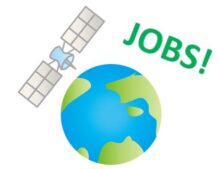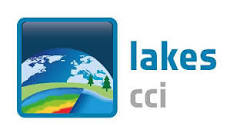Global Science & Technology, Inc (GST), is seeking an experienced Grants Specialist to join our team supporting the National Environmental Satellite, Data, and Information Service (NESDIS) Center for Satellite Applications and Research (STAR), which is NOAA’s premiere research office for developing the satellite algorithms needed to transform satellite observations to environmental measurements.
The applicant must have solid experience in grants management to be considered for this role. Experience in the federal government is a significant plus, though other institutional contexts like state agencies are good. Experience in a science or engineering agency is also a significant plus in applying.
• Requires a Bachelor’s Degree in Public or Business Administration, Environmental Science and/or Policy, Meteorology or Oceanography, or other fields relevant to or synthesizing skills engaged with federal science agency operations, budget or grants analysis, or project management
• A minimum of 7 years’ experience with BS/BA or 5 years with MS/MA • Ability to communicate effectively with a variety of scientists, technicians, and managers
• MS Word, Excel, and PowerPoint skills required
• Google suite of applications experience is highly desired
• MS Project experience is a plus
Selected applicants will be subject to a government background investigation.
Find out more and apply here: https://gst.applicantpool.com/jobs/1083221




